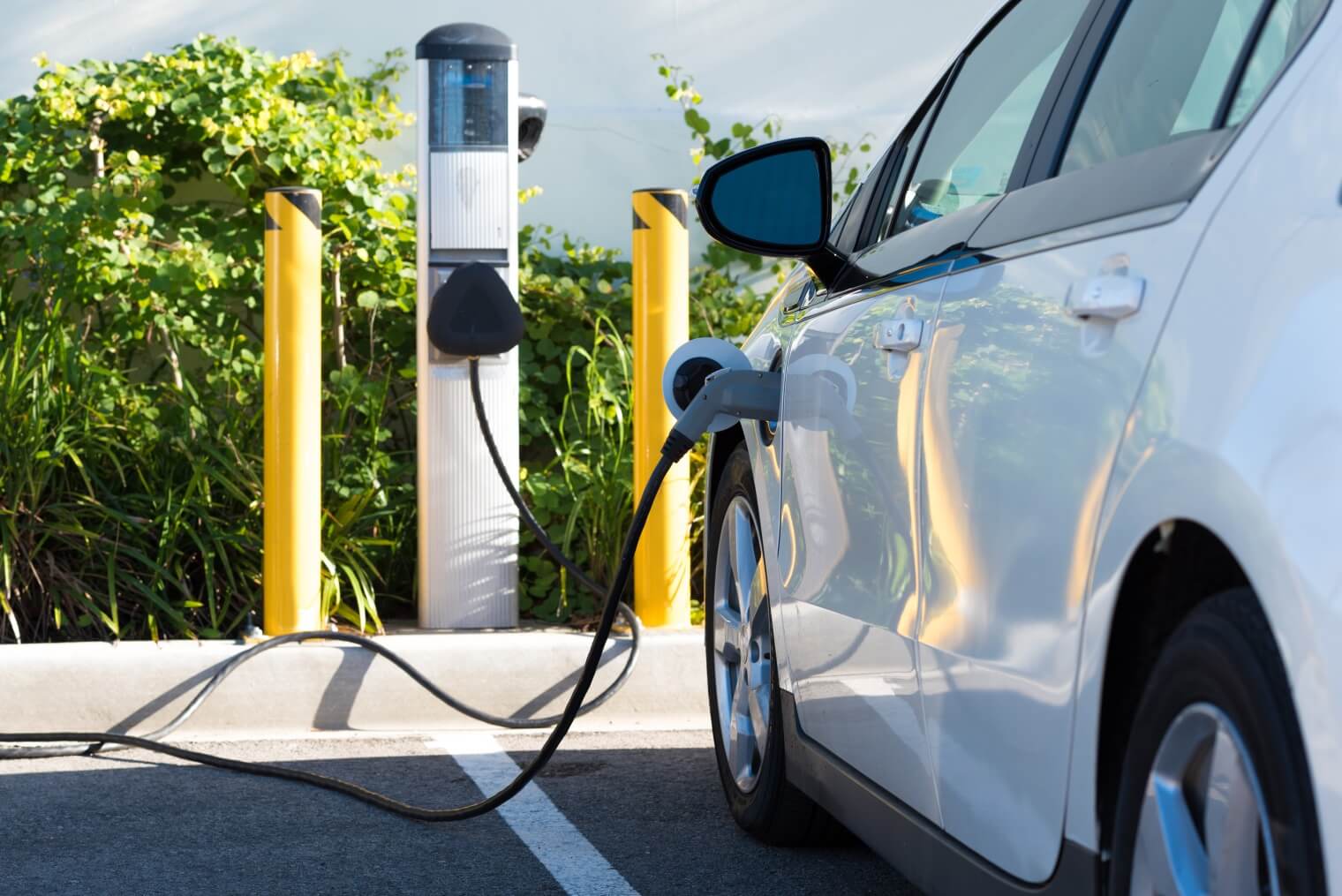
Published date: 21 July 2023
How to safely charge your electric vehicle at an NHSPS site
As electric vehicles such as cars, bicycles and scooters become more popular, the demand for charging points to keep them running also increases.
Where these are not installed at a workplace and building users use portable chargers instead, the chances of a fire increase. It’s therefore very important that you, the visitors to your site and your patients do not use portable chargers.
Why do portable chargers pose a risk?
- When a workplace is designed and built, the electrical safety requirements in place at the time would have been used to determine the likely electrical needs (with some additional diversity). Over time, as more electrical items are introduced, this places additional capacity on the system beyond what it is designed for and can potentially increase the risk of fire.
- When electrical current is drawn, this causes a heating effect and over time, this may result in degradation of electrical components and a potential for increased risk of failure or fire.
- As electrical technology changes, the safety standards that fixed electrical installations need to meet also change to provide the maximum protection to people and properties from electric shocks and fires.
Due to the design of the electrical installation in many healthcare buildings, especially older ones, it is not safe to charge electric vehicles unless it is using a designated fixed charging point. The use of portable domestic chargers is not permitted.
How do I request a fixed charging point at my property?
If you need a designated electrical socket to charge your vehicle, please get in touch with your local NHSPS contact or our Customer Service Centre to discuss your options.
Phone: 0808 196 2045
Email: customer.service@property.nhs.uk
Connect: connect.property.nhs.uk





